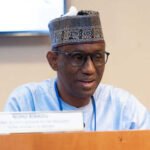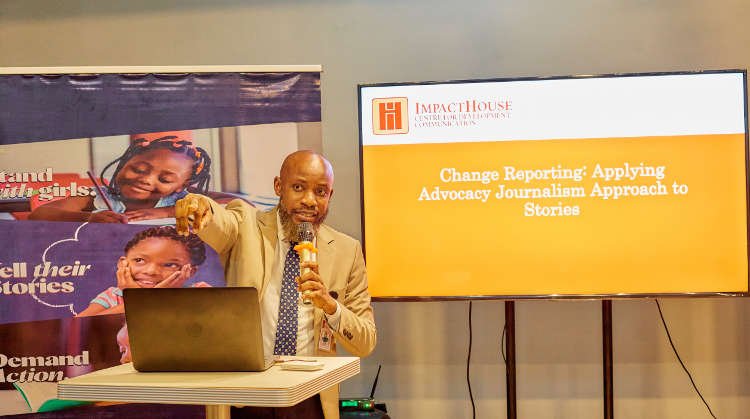Accurate and empathetic reporting on gender-responsive education sector planning (GRESP) is crucial to ensuring that the peculiar needs of schoolchildren are addressed in Nigeria.
Development Diaries reports that ImpactHouse and the System Strategy and Policy Lab (SSPL) recently conducted a two-day capacity development programme on GRESP for 27 journalists.
The journalists, selected from Adamawa, Akwa Ibom, Bauchi, Borno, Gombe, Kaduna, Kano, Oyo and Sokoto, are fellows of the Change Reporting 2.0 Media Fellowship on GRESP – a programme organised by ImpactHouse in partnership with SSPL.
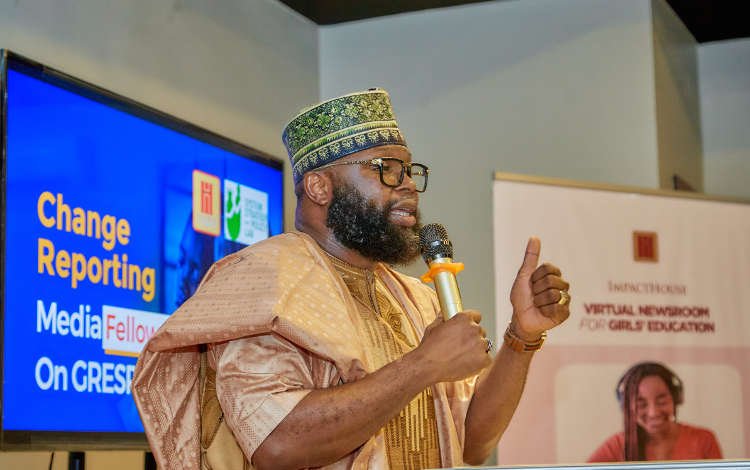
Gender responsiveness is the concept that underpins the state education sector planning process, laying out the framework for a casual relationship between governmental structures and functions, civic actions and gender equality outcomes in education.
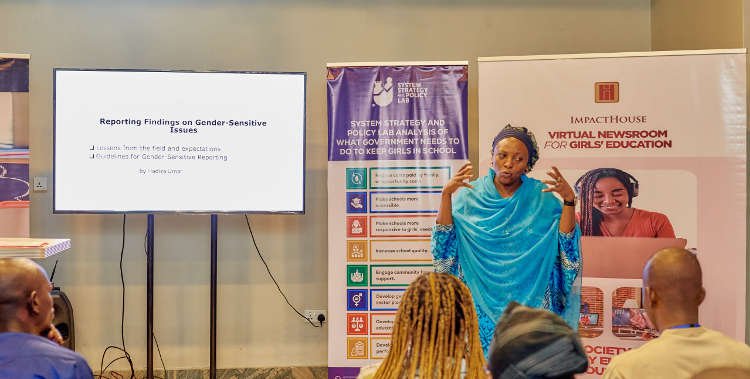
In a 2023 study, the development Research and Project Centre (dRPC) reported that the integration of gender perspectives into education sector planning in states was inadequate, with policies and programmes frequently failing to address the peculiar needs of different genders, resulting in missed opportunities to promote inclusive and equitable educational environments.
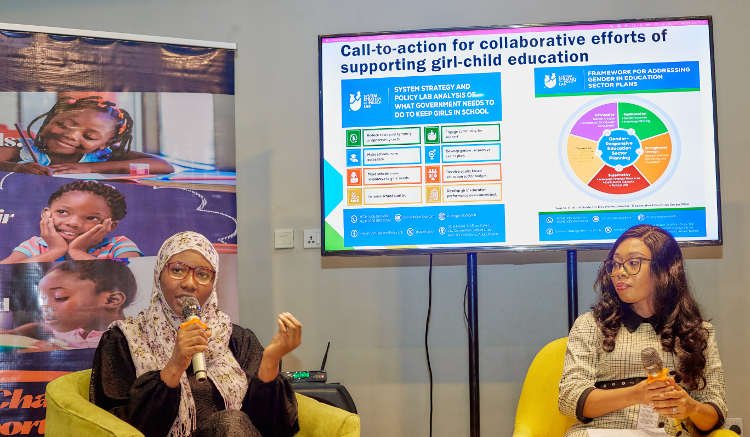
To this end, it is essential that states’ education systems are intentionally designed to be gender-responsive to enhance access, completion, and gender equity in schools.
The two-day capacity building programme, which officially opened the Change Reporting 2.0 Media Fellowship on GRESP, was aimed at equipping journalists with the skills to drive advocacy messaging as it relates to GRESP in the nine states.
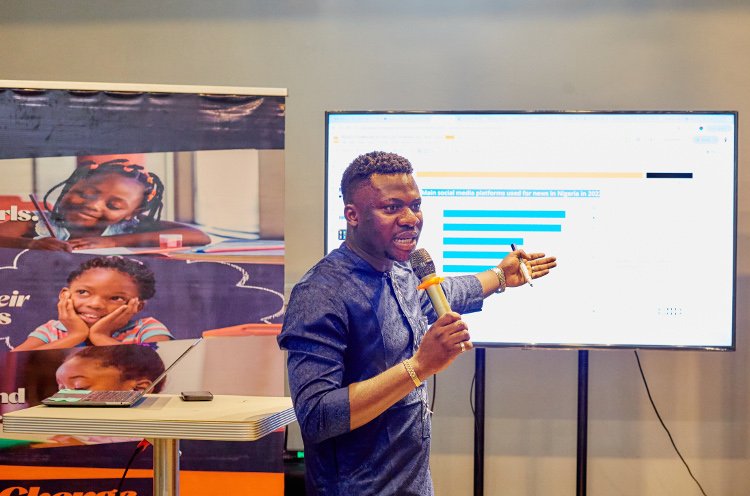
To enhance access, completion, and gender equality in education, it is essential that education systems are intentionally designed to be gender-responsive. The Education Sector Plan (ESP) serves as a fundamental framework for education reform in Nigeria because it offers a vital chance for the integration of gender equality throughout every facet of education.
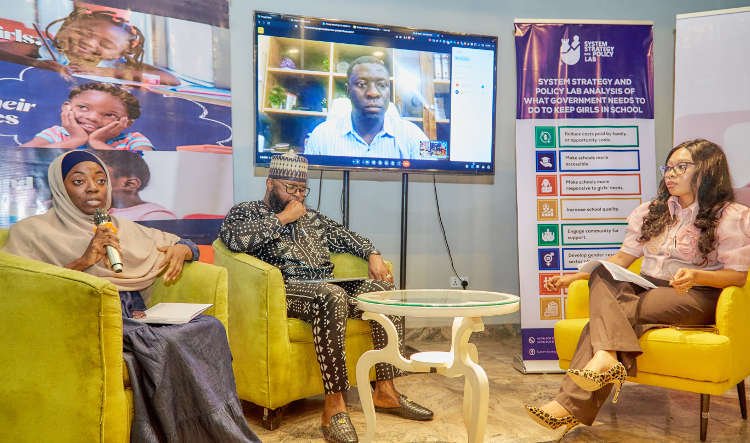
And GRESP is the key method for this integration, as it pinpoints gender-specific obstacles within education systems and establishes strategies and policies within the ESP to overcome these challenges.
Journalists, who have a constitutional mandate to hold the government accountable to the people, can significantly amplify the importance of gender equity within education systems, influencing public opinion and policymaking.
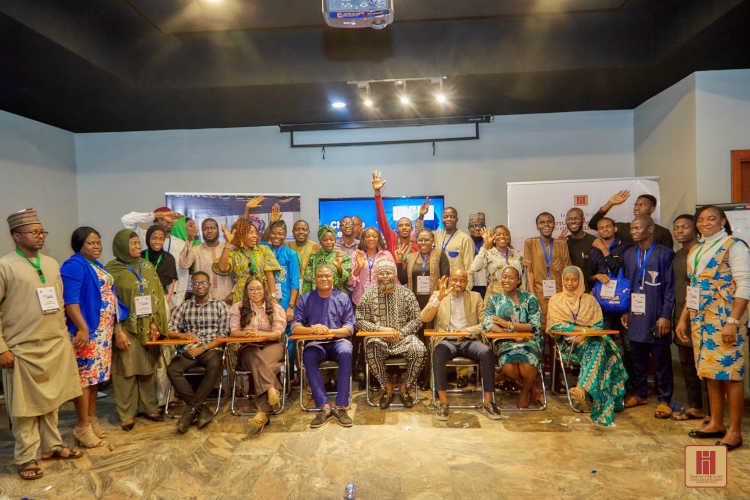
Therefore, the media fellows need to highlight the unique GRESP-related barriers in education in their reporting. Key areas for journalists to beam their lights on are budgeting as it relates to gender consideration in state education sector plans, administrative structures for implementing gender-responsive plans, and supportive and gender-responsive policies and laws in the ecosystem of the plan.
Development Diaries therefore calls on the Change Reporting Media Fellows to foster public awareness and influence positive policy changes by bringing these issues to the forefront.



